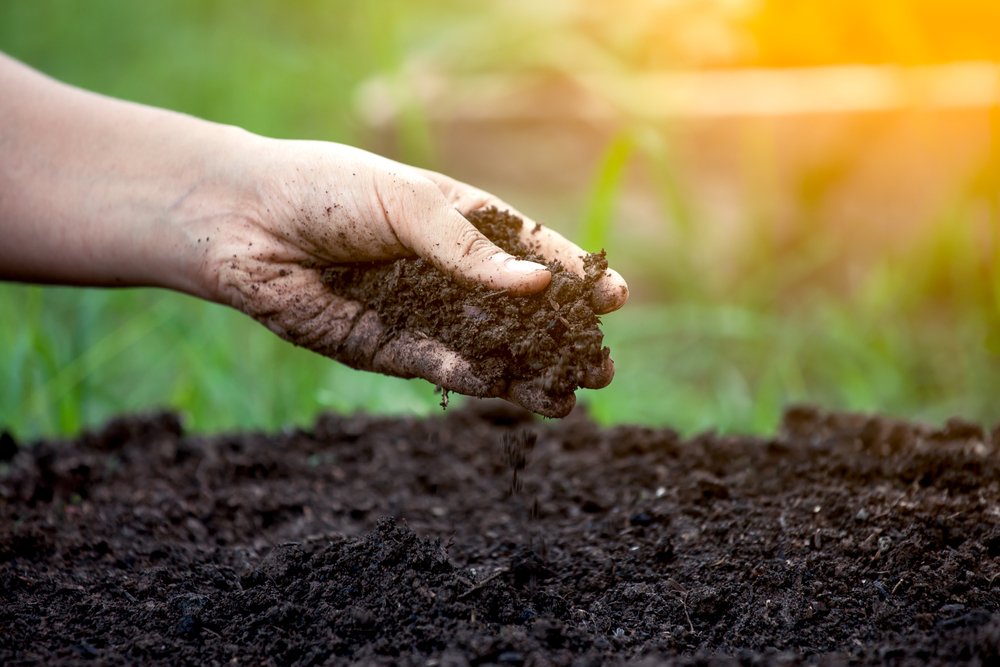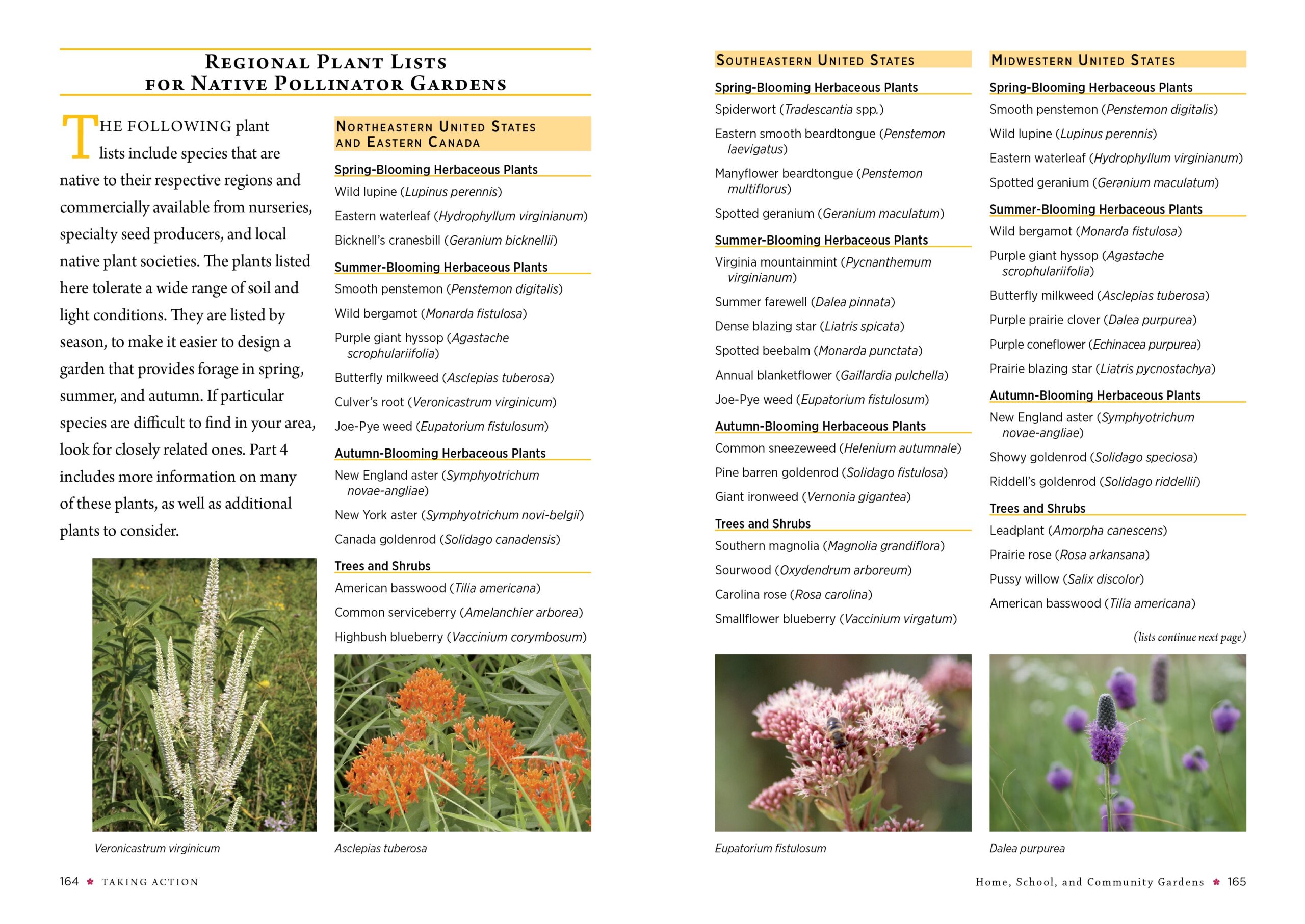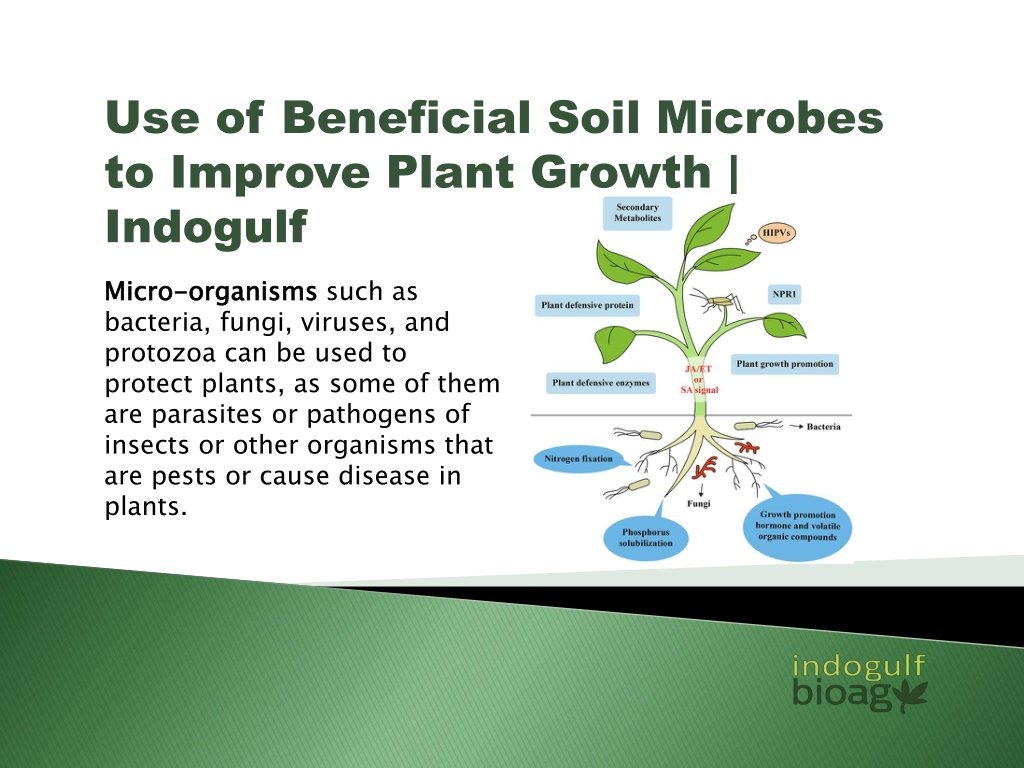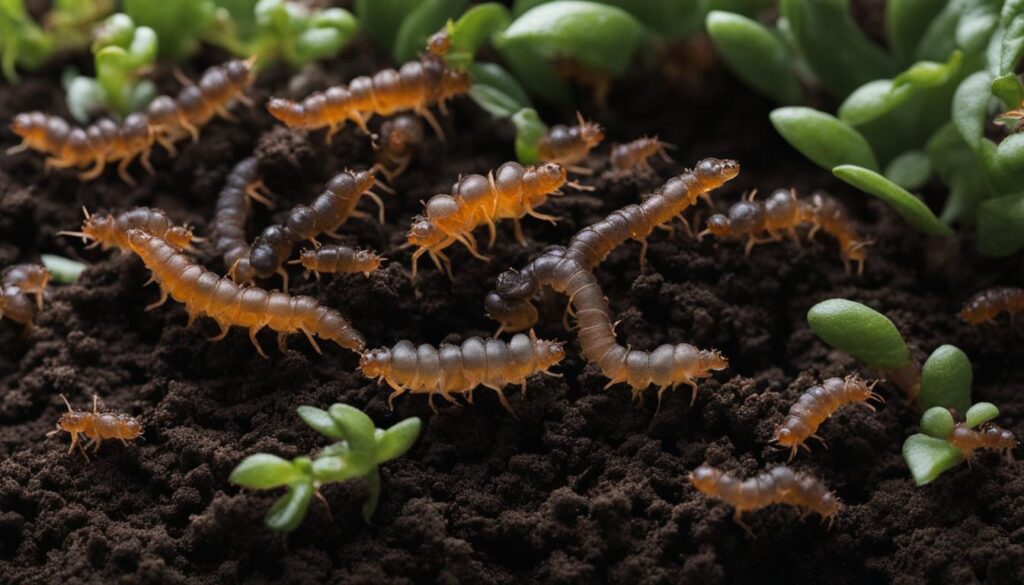Unveiling the Magic of Compost Tea: A Gardener’s Secret Weapon
In the vibrant world of gardening, where every seed holds the promise of life and every leaf whispers of potential, there’s a secret weapon that many seasoned growers swear by: compost tea. Forget harsh chemicals and synthetic fertilizers; this elixir of life is brewed from the earth itself, teeming with beneficial microorganisms that can transform your garden from ordinary to extraordinary. This article delves deep into the fascinating world of compost tea, exploring its myriad benefits and guiding you through the process of brewing your own liquid gold.
Compost tea is more than just a trendy gardening technique; it’s a fundamental shift towards a more sustainable and natural approach to plant care. It’s about working with nature, not against it, fostering a thriving ecosystem within your soil that will reward you with healthier, more vigorous plants and a bountiful harvest. So, grab your gardening gloves, and let’s explore the wonders of compost tea!
What Exactly is Compost Tea? Breaking Down the Brew
At its core, compost tea is a liquid extract of compost, teeming with beneficial microorganisms. Think of it as a concentrated dose of life, a powerhouse of bacteria, fungi, protozoa, and nematodes, all working in harmony to improve soil health and plant vitality. Unlike compost itself, which is applied directly to the soil, compost tea is a liquid that can be applied as a foliar spray or a soil drench, providing a rapid and efficient way to deliver these beneficial organisms to your plants.
The brewing process involves steeping compost in water, often with the addition of aeration and a food source for the microorganisms. This allows the beneficial microbes to multiply rapidly, creating a potent solution that can be applied to plants. The resulting brew is not just a fertilizer; it’s a biological stimulant that enhances the overall health of your plants.
The key to understanding compost tea lies in recognizing the critical role of the soil food web. This intricate network of organisms works together to break down organic matter, release nutrients, and protect plants from disease. Compost tea helps to replenish and amplify this beneficial community, creating a thriving ecosystem that supports healthy plant growth. It’s like giving your plants a superhero team to fight off the bad guys and help them thrive.
The Incredible Benefits of Compost Tea: Why Every Gardener Should Consider It
The advantages of incorporating compost tea into your gardening routine are numerous and far-reaching. Here’s a closer look at some of the most significant benefits:
1. Enhanced Nutrient Uptake
One of the primary benefits of compost tea is its ability to improve nutrient uptake. The beneficial microorganisms in the tea work to break down organic matter in the soil, releasing essential nutrients that plants can readily absorb. This means your plants get the food they need more efficiently, leading to stronger growth, more vibrant foliage, and increased yields. It’s like giving your plants a direct line to a gourmet buffet of nutrients.
2. Disease Suppression
Compost tea acts as a natural disease suppressant, protecting your plants from various fungal and bacterial infections. The beneficial microorganisms in the tea compete with harmful pathogens, preventing them from establishing a foothold in the soil or on the plant surfaces. This reduces the need for chemical fungicides and pesticides, promoting a healthier and more sustainable garden environment. It’s like having a tiny army of good guys fighting off the bad guys on your plants’ behalf.
3. Improved Soil Structure
Compost tea helps to improve soil structure, creating a more favorable environment for plant roots to grow. The microorganisms in the tea produce substances that bind soil particles together, forming aggregates that improve aeration, drainage, and water retention. This creates a healthier root zone, allowing plants to access water and nutrients more easily. Think of it as giving your plants a comfortable home with all the amenities they need.
4. Increased Plant Growth and Yield
By providing plants with readily available nutrients, protecting them from disease, and improving soil structure, compost tea can significantly increase plant growth and yield. Plants that receive compost tea are often more vigorous, produce more abundant harvests, and are more resistant to stress. It’s like giving your plants a supercharge, helping them reach their full potential.
5. Reduced Need for Chemical Fertilizers and Pesticides
Compost tea offers a sustainable alternative to chemical fertilizers and pesticides. By promoting healthy soil and plant growth, it reduces the need for these synthetic inputs, creating a more environmentally friendly garden. This is a win-win for both your plants and the planet, contributing to a healthier ecosystem and reducing your environmental footprint.
6. Enhanced Water Retention
The improved soil structure resulting from compost tea application also leads to better water retention. This means your plants can access water more easily, reducing the need for frequent watering, especially during dry spells. This is particularly beneficial in areas with water restrictions or during periods of drought, helping you conserve water and maintain a thriving garden.
7. Promotes Biodiversity
Compost tea fosters a diverse and thriving soil ecosystem. The introduction of beneficial microorganisms helps to create a balanced environment, encouraging the growth of other beneficial organisms, such as earthworms and other soil-dwelling creatures. This biodiversity contributes to a healthier and more resilient garden, capable of withstanding various challenges.
Brewing Your Own Compost Tea: A Step-by-Step Guide
Brewing compost tea at home is a relatively simple process, requiring a few basic supplies and a little bit of patience. Here’s a step-by-step guide to get you started:
1. Gather Your Supplies
- Compost: Choose high-quality, well-aged compost. The better the compost, the better the tea.
- Water: Use non-chlorinated water, as chlorine can kill the beneficial microorganisms. Rainwater or well water is ideal.
- Container: A 5-gallon bucket or a larger container is suitable. Make sure it is food-grade plastic or a similar non-reactive material.
- Air Pump and Air Stone: An aquarium air pump and air stone are essential for providing oxygen to the brewing tea.
- Food Source (Optional): Some gardeners add a food source for the microorganisms, such as molasses, kelp meal, or fish hydrolysate.
- Cheesecloth or Mesh Bag: For containing the compost during the brewing process.
2. Prepare Your Compost
If using loose compost, place it in a cheesecloth or mesh bag. This will make it easier to remove the compost from the tea after brewing. If you’re using a compost tea bag, you can skip this step.
3. Fill Your Container with Water
Fill your container with non-chlorinated water. Leave some space at the top for aeration.
4. Add the Compost
Place the compost-filled bag or compost directly into the water. A general guideline is about one cup of compost per gallon of water, but you can adjust this based on the quality of your compost.
5. Add the Air Pump and Air Stone
Place the air stone at the bottom of the container and connect it to the air pump. Turn on the air pump to provide constant aeration. This is crucial for keeping the microorganisms alive and thriving.
6. Add a Food Source (Optional)
If you choose to use a food source, add it at this stage. Follow the instructions on the product label for the appropriate amount. A common ratio is one tablespoon of molasses per gallon of water.
7. Brew the Tea
Let the tea brew for 24-48 hours, keeping the air pump running continuously. The tea should have a slightly sweet, earthy smell. If it smells foul, it may be anaerobic, and you should discard it and start over.
8. Strain and Apply
After brewing, remove the compost bag or strain the tea to remove any solid particles. The tea is now ready to use. Apply it to your plants as a foliar spray or a soil drench. For foliar applications, it’s best to spray in the early morning or late evening to avoid scorching the leaves.
9. Storage and Use
Compost tea is most effective when used fresh. If you can’t use it immediately, you can store it in a cool, dark place for up to a few days. However, the potency of the tea will gradually diminish over time. Always use the tea before it starts to smell bad.
Tips for Success: Maximizing Your Compost Tea Brewing
Here are some helpful tips to ensure your compost tea brewing is a success:
- Use high-quality compost: The quality of your compost is the foundation of your tea.
- Use non-chlorinated water: Chlorine can kill the beneficial microorganisms.
- Provide adequate aeration: Oxygen is essential for the microorganisms to thrive.
- Monitor the brew: Observe the smell and appearance of the tea.
- Apply regularly: For best results, apply compost tea every 1-2 weeks during the growing season.
- Experiment with ingredients: Try different food sources and compost combinations to see what works best for your plants.
- Don’t overdo it: While compost tea is generally safe, excessive application can sometimes lead to imbalances in the soil.
Troubleshooting Common Compost Tea Problems
Even with the best intentions, sometimes things can go wrong. Here’s how to troubleshoot some common problems:
- Foul smell: This indicates anaerobic conditions. Discard the tea and ensure adequate aeration in future brews.
- Lack of bubbles: Check your air pump and air stone to ensure they are functioning correctly.
- Cloudy tea: This is normal and indicates the presence of beneficial microorganisms.
- No visible improvement in plants: This could be due to several factors, including poor compost quality, insufficient aeration, or underlying plant health issues. Assess your compost, aeration, and consider other potential problems.
Beyond the Basics: Advanced Compost Tea Techniques
Once you’ve mastered the basics of compost tea brewing, you can explore some advanced techniques to further enhance its effectiveness:
- Compost Tea Extracts: Experiment with adding additional ingredients to your compost tea, such as seaweed, worm castings, or specific microbial inoculants.
- Aerated Compost Tea (ACT): This is the standard method outlined above, which is crucial for producing the most beneficial tea.
- Anaerobic Compost Tea: Brewed without aeration, this type of tea is less common but can be beneficial in specific situations. However, it requires careful monitoring to avoid harmful byproducts.
- Compost Tea for Specific Plants: Consider tailoring your compost tea recipe to the specific needs of your plants. For instance, you might use compost with a higher concentration of nutrients that your target plants require.
Compost Tea in the Garden: Application Methods
Compost tea can be applied to your plants in several ways, each with its own benefits:
- Foliar Spray: Spraying the leaves of your plants with compost tea can help to protect them from disease and provide a quick boost of nutrients. Apply in the early morning or late evening to avoid scorching the leaves.
- Soil Drench: Pouring compost tea directly onto the soil around your plants can help to improve soil health and provide a slow-release source of nutrients.
- Seed Treatment: Soaking seeds in compost tea before planting can help to improve germination rates and protect seedlings from disease.
- Root Dip: Dipping the roots of transplants in compost tea before planting can help to establish them more quickly and protect them from root rot.
Comparing Compost Tea to Other Gardening Methods
How does compost tea stack up against other popular gardening methods?
Compost Tea vs. Chemical Fertilizers
Compost tea offers a natural and sustainable alternative to chemical fertilizers. While chemical fertilizers can provide a quick boost of nutrients, they can also harm the soil ecosystem and pollute the environment. Compost tea, on the other hand, nourishes the soil, improves plant health, and reduces the need for synthetic inputs.
Compost Tea vs. Compost
Compost is a valuable soil amendment, but compost tea offers a more rapid and efficient way to deliver beneficial microorganisms to your plants. Compost tea can be applied as a foliar spray or a soil drench, providing a quick boost of nutrients and disease protection. Compost, on the other hand, is applied directly to the soil and breaks down over time.
Compost Tea vs. Worm Tea
Worm tea, also known as vermicompost tea, is made from worm castings. It is similar to compost tea in its benefits, but it may contain a higher concentration of beneficial microorganisms and nutrients. Both compost tea and worm tea are excellent additions to any garden.
Embrace the Green Revolution: The Future of Compost Tea
Compost tea represents a paradigm shift in gardening, a move towards a more sustainable and holistic approach to plant care. By embracing this natural elixir, you can transform your garden into a thriving ecosystem, teeming with life and vitality. As the world becomes increasingly aware of the importance of environmental sustainability, compost tea is poised to play an even greater role in the future of gardening.
So, why not give compost tea a try? Brew up a batch, apply it to your plants, and witness the magic unfold. You’ll be amazed at the results. Your plants will thank you, and your garden will flourish like never before. It’s a journey of discovery, a chance to connect with nature, and a rewarding experience that will enrich your gardening experience for years to come.
Conclusion: The Compost Tea Advantage
In conclusion, compost tea is a powerful tool for any gardener looking to improve soil health, enhance plant growth, and create a more sustainable garden. Its numerous benefits, including improved nutrient uptake, disease suppression, and increased yields, make it an invaluable addition to your gardening arsenal. By following the simple steps outlined in this guide, you can brew your own compost tea and unlock the secrets to a thriving garden. Embrace the power of nature, and experience the transformative effects of compost tea!



